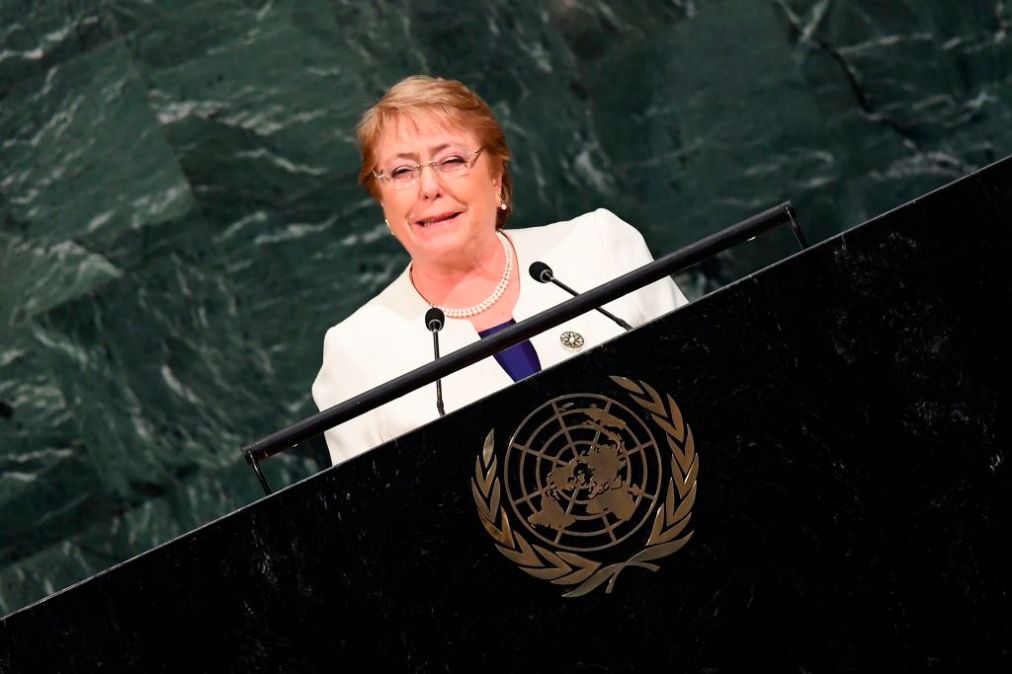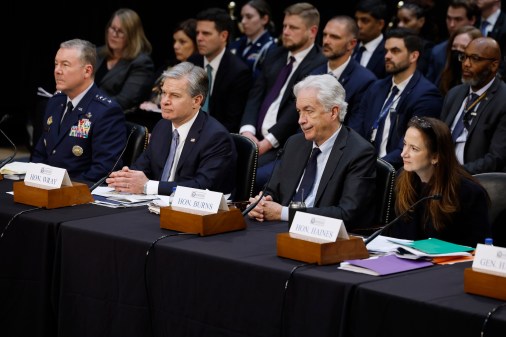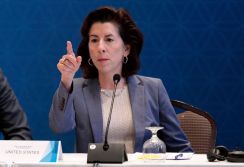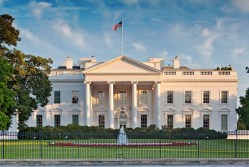UN calls for human rights safeguards on artificial intelligence

The United Nations’ top human rights official Wednesday called for a global moratorium on the sale and use of artificial intelligence systems that pose human rights concerns until safeguards are put in place.
“We cannot afford to continue playing catch-up regarding AI – allowing its use with limited or no boundaries or oversight, and dealing with the almost inevitable human rights consequences after the fact,” U.N. High Commissioner for Human Rights Michelle Bachelet said alongside the release of a report on the emerging technology. “The power of AI to serve people is undeniable, but so is AI’s ability to feed human rights violations at an enormous scale with virtually no visibility.”
The U.N. did not list specific AI tools that governments should ban. Instead, the report points to a number of ways the technology is used in decision-making that can have life-altering consequences, including the rise in the use of facial recognition technology in policing and subsequent cases of false arrests.
Lawmakers in the United States have also raised concerns about the civil and human rights implications of AI-driven technologies. However, lawmakers have yet to reach any sort of agreement on how to handle even federal use of such technologies.
Bachelet said the collection of data by governments and companies developing AI needs greater oversight before AI technologies are used with life-changing results.
“Given the rapid and continuous growth of AI, filling the immense accountability gap in how data is collected, stored, shared and used is one of the most urgent human rights questions we face,” she said.
The report follows calls from U.N. experts earlier this summer for governments to also put a moratorium on surveillance technologies until countries introduce a regulatory framework that addresses human rights concerns. The U.N. and other human rights organizations have specifically singled out the NSO Group, an Israel-based surveillance company whose software has been tied to repressive regimes.
Bachelet echoed that call again on Thursday during a European Parliament debate on the scandal surrounding the NSO Group’s Pegasus technology.
“There should be no excuses for inaction,” she testified. “States have come together to acknowledge the chilling effect that illegal surveillance poses to public freedoms and to the tenets of democracy … and its other nefarious consequences are evident.”




